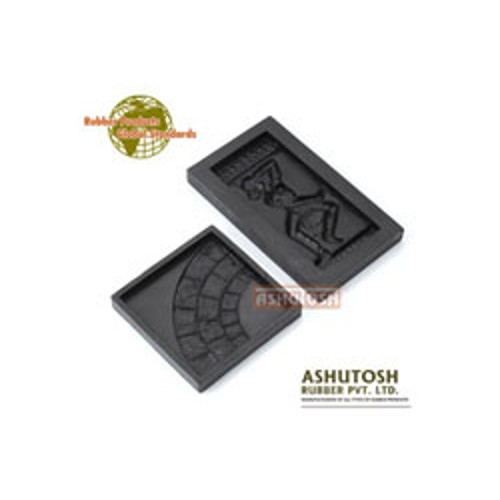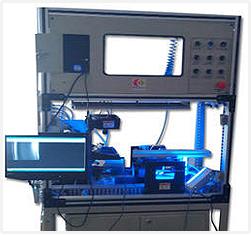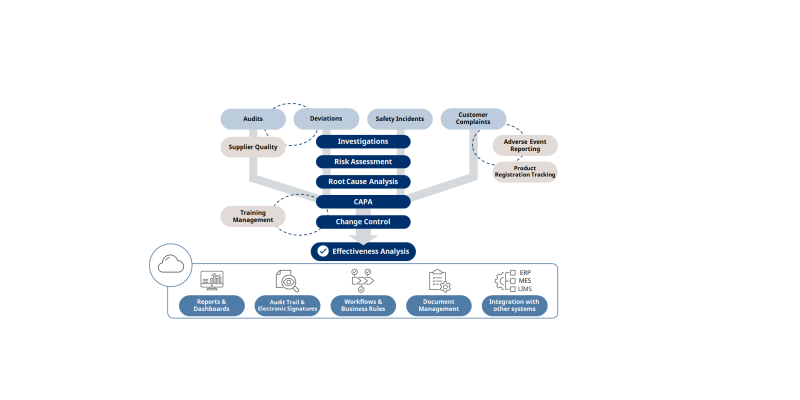Schedule a Call Back
Building a globally competitive manufacturing ecosystem: Varun Poddar
 Articles
Articles- Feb 21,25

Related Stories

Alpex Solar’s Q3 profit surges 423%, expands manufacturing capacity
Alpex Solar also plans an additional 1.2 GW module manufacturing plant and an aluminum frame production facility, both slated to begin operations by December 2025.
Read more
The Sustainable Manufacturing Wave: Saurabh Patawari
Advancing energy storage solutions will enable efficient and widespread use of clean energy sources within industrial settings. This will make it easier for manufacturers to transition from conventi..
Read more
Transforming Industrial Production: Khushboo Doshi
The industry is seeing a significant shift toward circular economy principles, with manufacturers developing technologies that support the processing of recycled materials and the production of sust..
Read moreRelated Products

Standard Series Stations and Enclosures
Esbee
Industrial Combines/Esbee Electrotech LLP offers standard series stations and
enclosures.

Fire Alarm
Safe Zone is prominent traders and suppliers of the industry, offering a wide range of wireless fire alarm.
Read more
Sorting Automation Systems
Renovus Vision Automation offers sorting automation systems.
Read more












